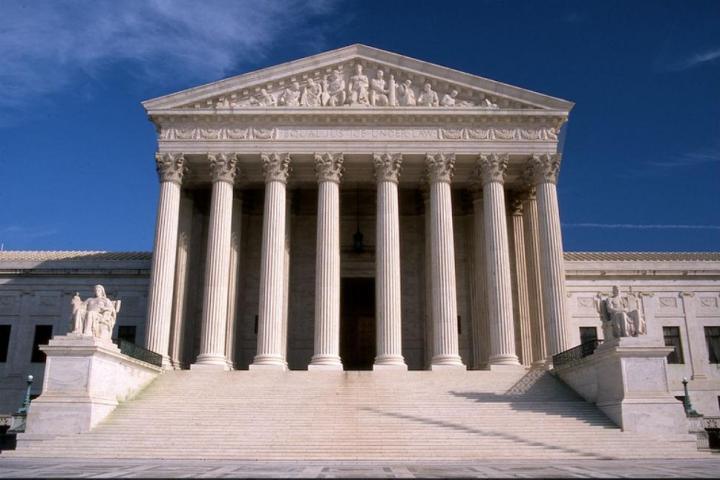
A Tumblr account could change United States politics.
On October 8, Tumblr will come into play when the court hears McCutcheon v. Federal Election Commission. The case challenges campaign finance rules, and argues that limits on aggregate political contributions are unconstitutional. If the FEC loses, caps on political contributions could be lifted, and politicians could receive more donations directly. Like Citizens United, the case would flood politicians with money if McCutcheon wins. The Republican National Committee doesn’t see a problem with this, but anti-corruption activists do.
Lawrence Lessig, a political activist and well-known legal scholar, has turned his attention to curbing government corruption. Lessig believes lifting this ban would facilitate corruption. Working with the Constitutional Accountability Center, he is participating in this case as an outside expert. People who are not directly involved in a case can submit what is called an “amicus brief” to introduce valuable testimony to the court.
As part of his amicus brief, Lessig submitted a Tumblr called “‘Corruption’ originally.” The blog showcases what the term “corruption” meant to the Founding Fathers. Many conservative court members, including Justice Scalia, are originalists, who believe in a strict interpretation of the constitution based on the words and intentions of the people who wrote it. Lessig believes the case hinges on the definition of corruption, since the campaign limits are in place to stop politicians from becoming swayed by their contributors. If he can convince the originalists that his definition of corruption will occur if they lift campaign finance limits, he could sway the court’s decision and impact U.S. politics.

The Tumblr attempts to collect every mention of corruption by the people who framed the Constitution, like James Madison and Patrick Henry. In amassing this collection, Lessig hopes to prove to the court that these Framers had a more inclusive idea of corruption, one that would prohibit political contributions that made politicians dependent on their donors.
Lessig explains his rationale on his blog:
“If they look to the original meaning of “corruption,” they would see that they have no legitimate sanction for restricting the meaning of “corruption” to “quid pro quo” corruption alone (as some recent cases suggest at least some believe). And if they did not restrict it to “quid pro quo” corruption alone, then the regulation in McCutcheon, which limits aggregate contributions, could be justified: it’s purpose is to limit dependence upon large donors; that purpose is a perfect valid “anti-corruption” purpose, at least in the view of the Framers.”
The Supreme Court aren’t exactly the most plugged-in bunch — the youngest Justice, Elena Kagan, said they don’t really use email. So it will be interesting to see how they respond to Tumblr. Who knows? We may have Clarence Thomas reblogging #TCOT posts before we know it.
The Atlantic’s Robinson Meyer finds it fitting that Lessig used Tumblr in this instance, noting “Tumblr’s whole design ethos and structure may be a kind of intentional synecdoche for how discourse — scholarly, legal, hypertextual — works.” An astute observation, and if Scotus is receptive to Lessig’s amicus, this may not be the last of Tumblr the Supreme Court sees.
